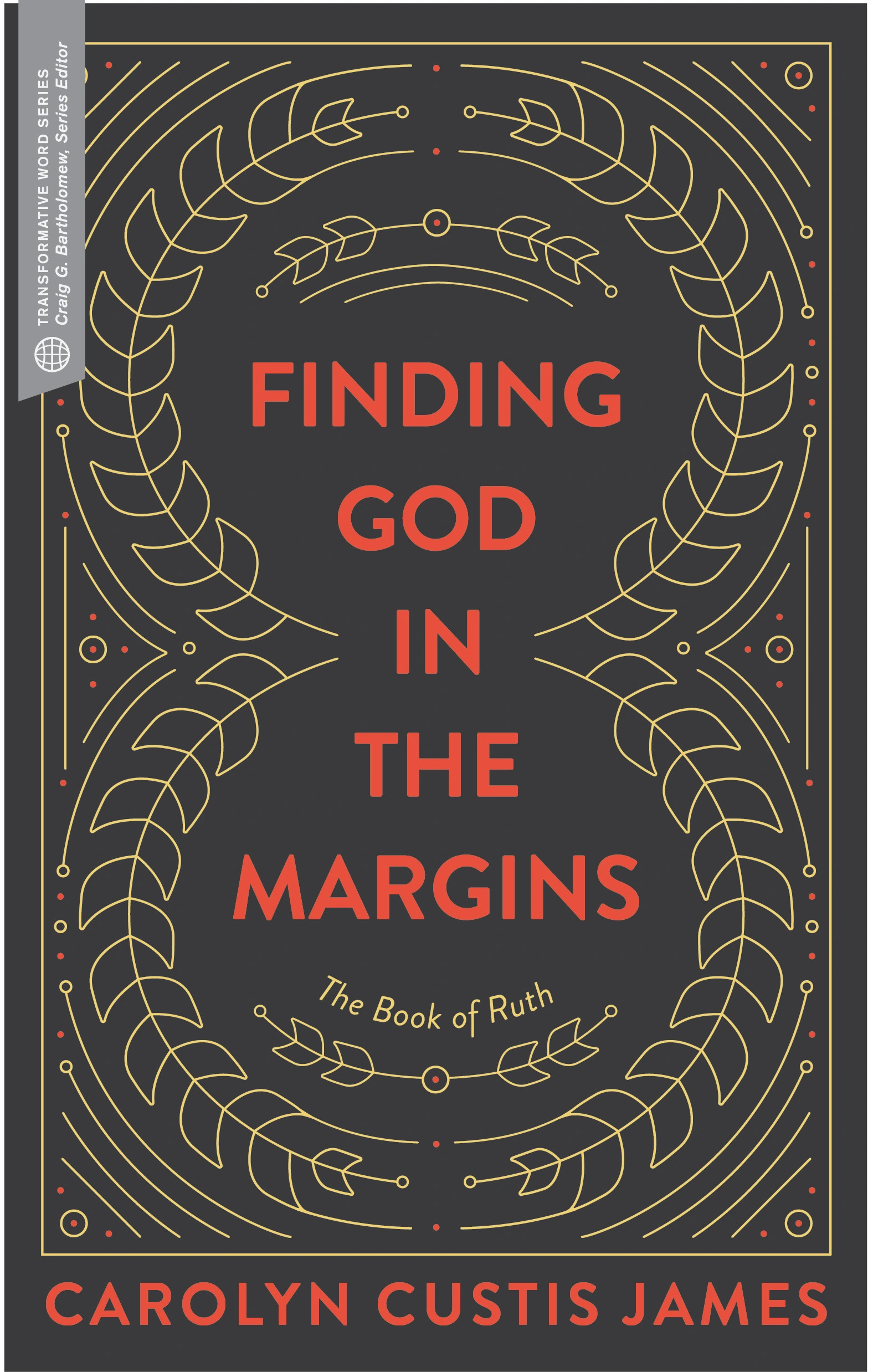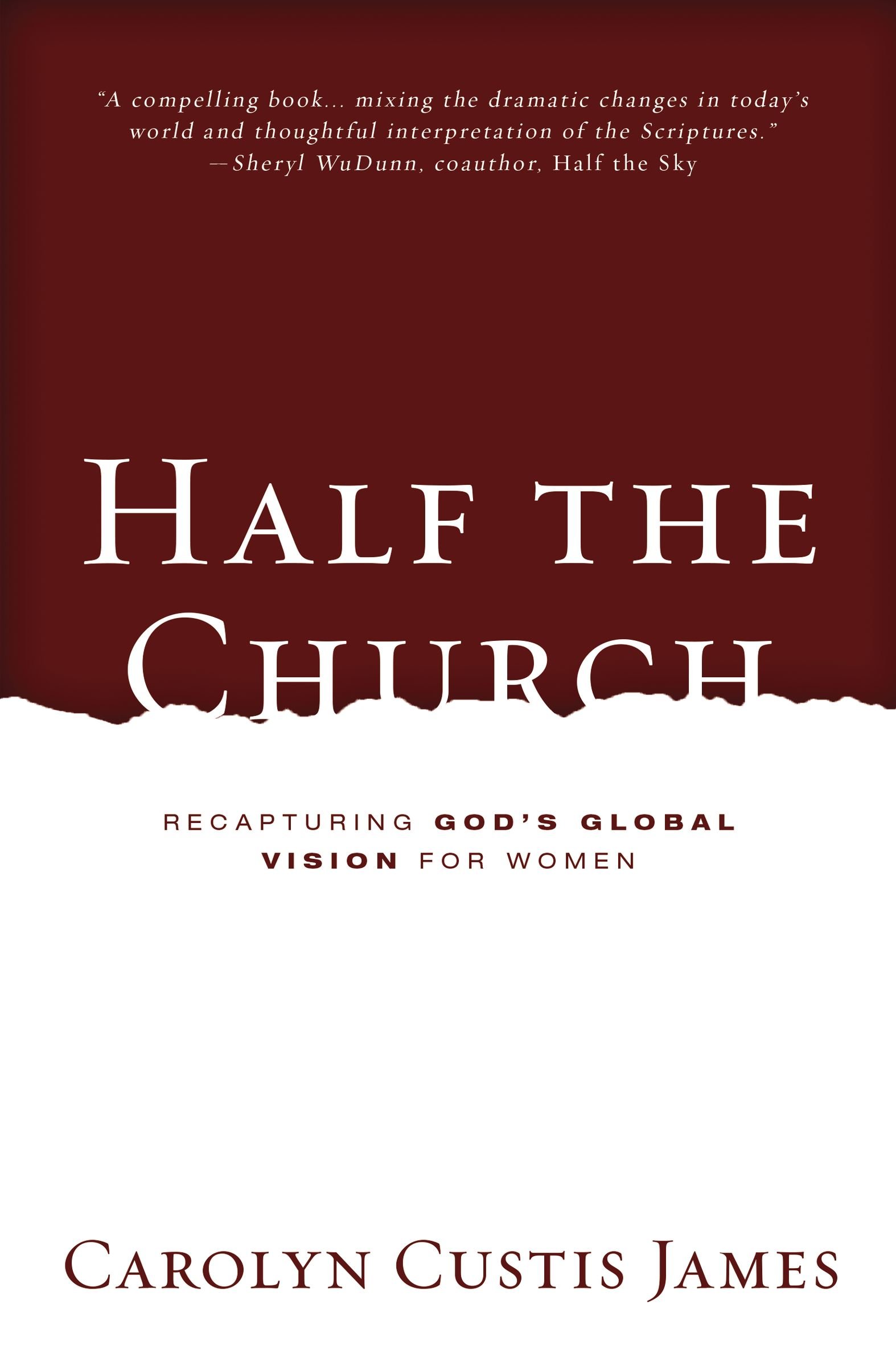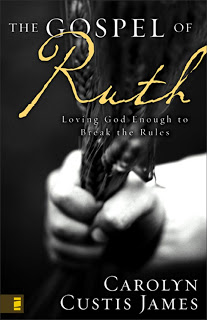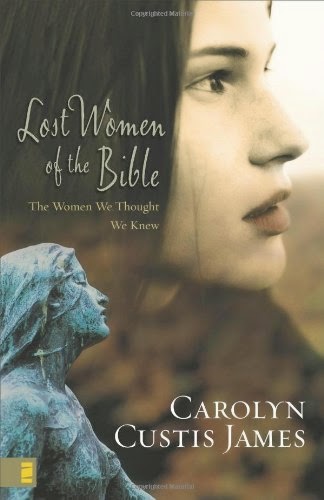 A week from now (November 15-17 to be precise) the Evangelical Theological Society (ETS) will gather for the 69th time. This year’s conference (held at Providence, Rhode Island) will be my first venture into an organization that for most of those 69 years been predominately the domain of white male evangelical biblical and theological scholars.
A week from now (November 15-17 to be precise) the Evangelical Theological Society (ETS) will gather for the 69th time. This year’s conference (held at Providence, Rhode Island) will be my first venture into an organization that for most of those 69 years been predominately the domain of white male evangelical biblical and theological scholars.
I’ll be attending on a non-member guest pass so I can participate on a panel moderated by Dr. Sandra Glahn. Sandi is editor of a new book, Vindicating the Vixens: Revisiting Sexualized, Vilified, and Marginalized Women in the Bible, that is being released for the first time at the ETS conference.
The panel consists of authors (both women and men) who contributed chapters to this important book. Each of us took up a biblical narrative of a woman in the Bible who has historically been interpreted in ways that reinforce the long-held conviction that women aren’t safe or that women who occupy leadership roles are aberrations. They don’t count as role models for the rest of us because women aren’t supposed to be leaders. The book features well-known names such as Eve, Tamar, Rahab, Deborah, Bathsheba, Huldah, Mary Magdalene, and Junia. I wrote the chapter titled “Tamar—The Righteous Prostitute.”
The immediate objective is to recover these narratives through solid scholarship and careful re-examination of these women within the ancient patriarchal cultural context. Sentences passed on these women generations ago deserve another look.
The long-range objective, however, hits closer to home.
Misinterpreting these narratives comes at a high cost today, not only for women and girls, but for the whole church and for the mission Jesus entrusted to us. Both women and men are impacted by these negative portrayals. Not only do they project a false view of women as inherent hindrances instead of indispensable allies for God’s purposes, they create suspicion and barriers between God’s sons and daughters when he created us to be a united force (that is to say, a Blessed Alliance) for his kingdom. This weakens the church by inclining women to hold back and depriving men of the strengths and gifts they need from their sisters.
That’s merely the harm done inside the church. It doesn’t address the negative, unwelcoming message this conveys to those we long to reach with the gospel.
The Roots of Vilifying Women in the Bible
Negative views of women come with a long history. The problem started early—at the fall—when Eve gave the forbidden fruit to Adam. Outside of Eden, patriarchy placed women on lower rungs of the social ladder by establishing the rule of men over women.
Both Jesus and Paul dismantled the temptress phobia of women in ways that defied and shocked their patriarchal culture. Jesus’ habitual interactions with women were counter-cultural, and Paul didn’t blink when the Holy Spirit sent him to plant the first church in Europe with a team of believing women (Acts 16:9-40). Paul later paid tribute to those founding mothers of the Philippian church in a letter that opened with,
“I thank my God every time I remember you. In all my prayers for all of you, I always pray with joy because of your partnership in the gospel from the first day until now” (Philippians 1:3-4, emphasis added).
Evidently, the Early Church Fathers didn’t read the text carefully or simply found the downward pull of cultural values hard to resist. Instead of following Jesus and Paul’s lead, they reinforced prevailing negative views women with appalling statements (see, “The Pigtails that Sparked a Revolution”).
Tertullian applied the temptress label to every female and underscored the superiority of men when he wrote,
“Do you not know that you are each an Eve? The sentence of God on this sex of yours lives in this age: the guilt must of necessity live too. You are the Devil’s gateway: You are the unsealer of the forbidden tree: You are the first deserter of the divine law: You are she who persuaded him whom the devil was not valiant enough to attack. You destroyed so easily God’s image, man. On account of your desert even the Son of God had to die.”
The combined force of negative cultural views of women in every culture and negative statements of church fathers has impacted current thinking whether the acceptance of such thinking is involuntary or intentional. The resulting convictions make it hard to avoid viewing and interpreting biblical texts involving women through that cultural lens.
The Ripple Effect in the Present
Negative views of women—even kinder-gentler versions—continue to impact the present. Most importantly, patriarchy creates barriers between men and women that hinder God’s mission. But there are other serious consequences.
Maybe we should be asking how these views influence situations when women or girls in the church come forward with #MeToo stories or to seek protection from domestic abuse. Why is the first question all too frequently, “What were you wearing?” Or why do church leaders so often send wives back into harm’s way with instructions to “Try to be more submissive?”
Thankfully, that doesn’t happen every time. Growing numbers of Christian men have a high regard for women and won’t tolerate their mistreatment. Still, this new book is a significant effort to rethink dynamics in Christian circles. With such a long history and deeply held pejorative views of women, we have our work cut out for us.
My mission on this panel is to give a faithful portrait of Tamar—a woman whose unfortunate “claim to fame” is the fact that she posed as a prostitute and seduced her father-in-law, Judah. With the cultural context clearly in view, we will find that the real Tamar was a hero.
I’ll have twenty minutes to pull this off. The clock will be ticking. Generations of patriarchal commentaries have been given hermeneutical priority. But, as Jesus said: “the truth will set you free.”
For further reading:
“The Fab Four”
“The Seismic Implications of #MeToo”
Lost Women of the Bible: The Women We Thought We Knew
Half the Church: Recapturing God’s Global Vision for Women















Will be praying for this time…thank you
LikeLiked by 1 person
Thank you! Should be interesting.
LikeLike
Carolyn, you are the woman for the job. We are with you in this, and know that God is doing a new thing through people such as yourself, Sandra Glahn, and so many others who are standing with courage to right these wrongs.
LikeLike
Thankfully there are a lot of us. Hopefully, this book will help make progress.
LikeLike
Best wishes! We, too, will be praying for you.
LikeLike
Thank you Pete and Yvonne!
LikeLike
Prayers up for continued impact for the whole church. God bless you.
LikeLike
Thank you. Need prayer!
LikeLike
Oh Lord, Please anoint Carolyn’s every word during this strategic twenty minutes (and beyond)–and may the words of Jesus,“the truth will set you free” indeed be the experience of those listening (and beyond)!
LikeLike
Thank you dear friend! My prayer too.
LikeLike
Praying for you and the others on the panel today. What an amazing opportunity … that really should be more commonplace. Thank you for your continuing courage and perseverance.
LikeLike
Pingback: The Silence Breakers: A Kairos Moment for the Church - Missio Alliance
Pingback: The Silence Breakers: A Kairos Moment for the Church | Carolyn Custis James